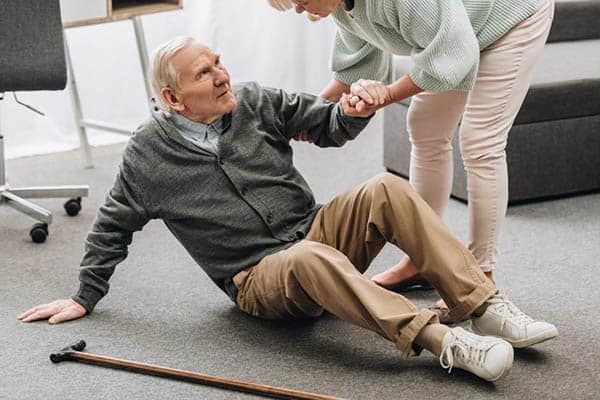Money does not solve all the problems, but unfortunately in the personal injury field, money is the only thing that we can go after to try to make somebody whole. Contact us today to find out how we can help you.
Money Does Not Solve Problems — Yet in Personal Injury Law, It’s All We Can Pursue
It is often said that money cannot solve problems. It cannot undo pain, restore lost health, or bring back a loved one who has died due to negligence. Emotional trauma, physical suffering, and permanent disability are human experiences that no financial sum can truly erase. Yet, in the legal world—particularly in personal injury law—money is the only instrument available to address harm. It becomes the measure of justice in an imperfect system designed to make people “whole” after an injury, even though the true losses they endure are often beyond price.
At its core, personal injury law exists to provide compensation when one person’s negligence, recklessness, or intentional act causes harm to another. The purpose of such compensation is not to enrich the injured party, but to restore them, as nearly as possible, to the condition they were in before the injury occurred. However, because courts cannot restore physical health or emotional peace, they rely on monetary damages as the only form of justice that the civil system can offer.
This approach is rooted in a long-standing legal principle known as “restitution in integrum”—restoration to the original state. If someone’s arm is broken in a car crash, no verdict can un-break that arm. If someone suffers psychological trauma after a violent accident, no legal decision can erase the memory. But what the law can do is award money to cover medical bills, therapy, lost income, and pain and suffering. In this way, money acts as a substitute for justice—a practical, if imperfect, remedy for irreversible harm.
The challenge lies in the disconnect between human suffering and financial compensation. To the injured person, a lawsuit is rarely about greed or gain; it is often about acknowledgment, accountability, and closure. Victims seek a sense that the wrong done to them matters—that the system recognizes their pain. Unfortunately, the civil justice system has no mechanism for offering apologies, enforcing remorse, or restoring dignity in a literal sense. It can only assign a monetary value to intangible losses like pain, loss of enjoyment of life, or emotional distress. Thus, while money does not heal, it represents society’s recognition of injury and wrongdoing.
For personal injury lawyers, this reality shapes their entire profession. Attorneys cannot bring back a lost child or repair a damaged spine. What they can do is fight to ensure that victims receive financial resources to rebuild their lives—to pay for ongoing medical treatment, support families left without income, or adapt to new physical limitations. In that sense, money becomes a tool of survival, not satisfaction. A skilled lawyer’s job is to convert suffering into quantifiable damages, negotiating or litigating for the maximum recovery possible within the bounds of law.
This is also why damage awards in personal injury cases often include several categories—economic damages (medical expenses, lost wages, property damage) and non-economic damages (pain, suffering, emotional distress, loss of companionship). In rare cases, courts may award punitive damages to punish especially egregious conduct. Yet even these awards are expressed entirely in dollars and cents. The law has no currency other than money; it cannot legislate empathy or enforce healing. To see more about punitive damages, please visit this site.
Critics sometimes argue that large verdicts “put a price on pain” or “commercialize” human suffering. But in truth, money is not about profiting from tragedy—it is about enabling recovery and preserving dignity. Without financial compensation, many injury victims would face medical debt, loss of livelihood, or lifelong hardship. A settlement or judgment, though symbolic in some respects, can mean access to care, stability, and independence. It can mean the difference between despair and a chance to rebuild.
In the end, while money does not solve problems, it remains the only form of remedy that law can administer. The legal system cannot turn back time or erase harm, but it can hold wrongdoers accountable and provide victims with the means to move forward. Personal injury lawyers, therefore, pursue money not because it cures pain, but because it is the sole tangible form of justice available. In an imperfect world, financial compensation stands as society’s acknowledgment that harm was done—and that those who suffer deserve, at the very least, the resources to begin again.


Recent Comments